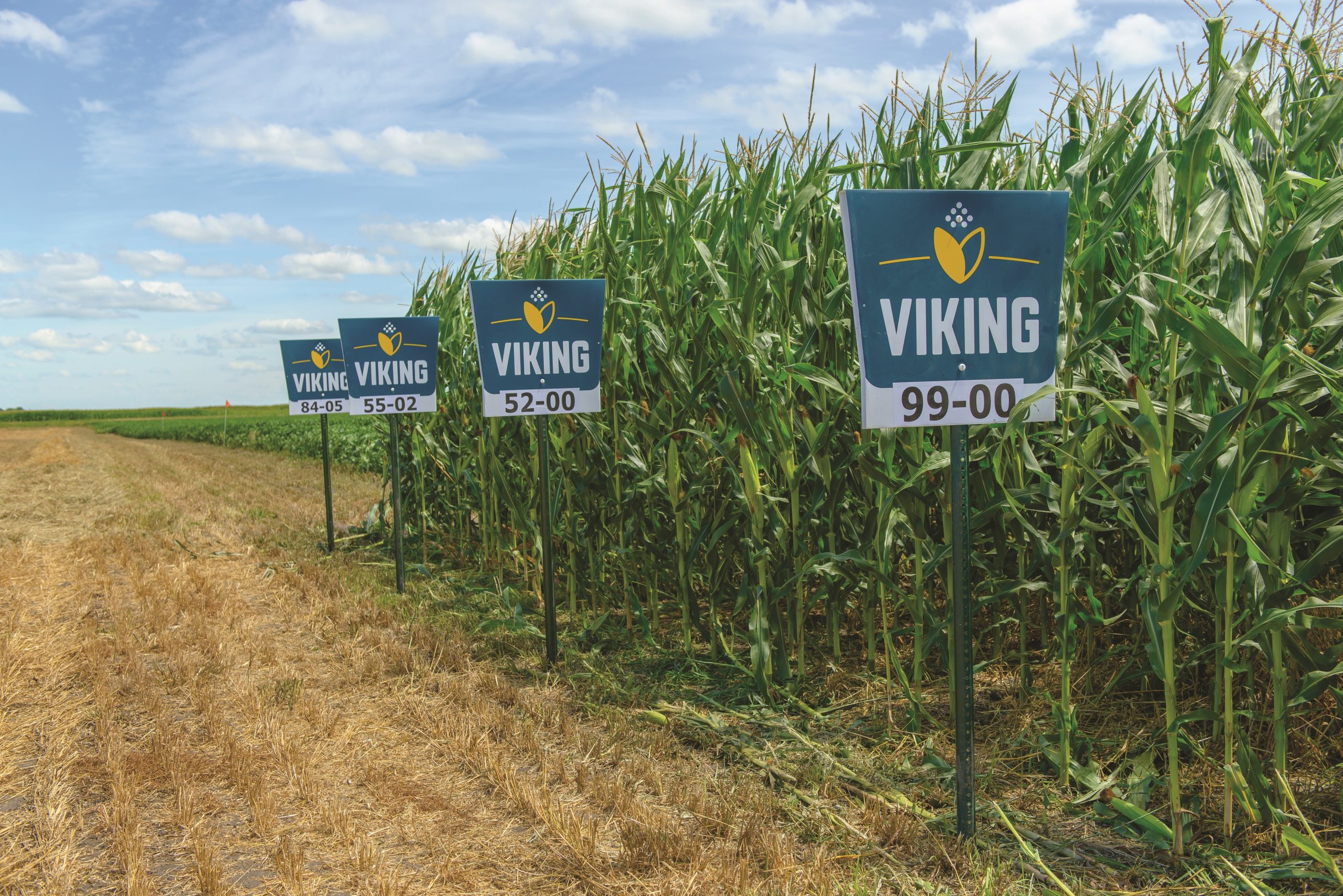Corn seed suppliers say the U.S. could meet Mexico’s demand for non-GMO corn
U.S. suppliers of non-GMO corn seed are confident that they could supply enough seed to farmers to meet Mexico’s demand for non-GMO corn.
“Absolutely no doubt the U.S. could meet Mexico’s demand”
“I have absolutely no doubt the United States could meet Mexico’s demand for non-GMO corn,” said Mac Ehrhardt, president of Albert Lea Seeds, which supplies organic and non-GMO corn seed. “All that’s needed is a market signal, and farmers will do it.”
Other non-GMO corn seed suppliers agree. “If we wanted to, we could do that; the genetics are available,” says Raechel Baumgartner, general manager of BASS Hybrids, a Minnesota-based non-GMO corn seed company.
Nate Belcher, co-owner of Hybrid85, a Nebraska-based non-GMO corn seed company, says his state could meet Mexico’s demand for non-GMO corn. “There’s a $450 million market in corn going from Nebraska to Mexico. We could fill the non-GMO demand from Nebraska and a good portion of the Midwest as well,” he says.
Gilbert Hostetler, owner of Illinois-based Prairie Hybrids, also thinks supplying enough corn seed to supply Mexico’s needs would be simple.
“All that needs to be done is that the grain elevators that supply Mexico tell farmers to grow non-GMO corn. The infrastructure is there. Farmers just need to plant a different bag of seed.”
Ehrhardt also says the infrastructure for supplying Mexico is in place.
“There are grain elevator chains that would be willing to focus on that. Cargill would be happy to ship non-GMO corn to Mexico. We can do it.”
Farmers need a premium to grow non-GMO
The U.S. government and agribusiness groups are pressuring Mexico to loosen or abandon their proposed ban on genetically modified corn, which was set to take effect in 2024. Due to the pressure, Mexico’s Agriculture Minister Victor Villalobos said his country would postpone the ban until 2025.
According to the U.S. Department of Agriculture, American farmers planted 6.5 million acres of non-GMO corn in 2022.
Mexico uses white corn for human consumption of foods such as tortillas and yellow corn for animal feed. To meet Mexico’s demand for non-GMO white corn, the U.S. would have to increase white corn production by 23% from its current one million acres to 1.23 million acres, which is not a big task, according to Ken Dallmier, CEO of Clarkson Grain, a supplier of organic and non-GMO grains.
“Given proper market incentives, the U.S. could easily supply the increased Mexico demand for non-GMO corn,” he says.
Proper market incentives include a premium paid to farmers to grow non-GMO corn. Ehrhardt says meeting Mexico’s non-GMO needs would require paying farmers a high enough premium to make it worthwhile and a GMO threshold that is not too strict.
“If they said ‘We’re going to test every load of corn coming into Mexico and they can’t have any GMOs in them,’ that’s a problem,” Ehrhardt says.
Mexico will probably set a GMO threshold for corn for human consumption, but Ehrhardt says they will have to define that. “Does it mean 1% GMO, 0.5% GMO? They are going to have to decide how much money they’re willing to pay, and that will determine the level of GMO tolerance they will have.”
The most common GMO threshold is 0.9%, which is the Non-GMO Project standard’s GMO threshold for food products and the threshold for GMO labeling in Europe.
Opportunity for U.S. farmers
The supply of non-GMO corn seed would need to increase to meet Mexico’s needs. Seed company representatives offer different opinions on how long that would take.
“I don’t think there’s enough seed in the U.S. to supply Mexico yet,” Belcher says. “But given time, the U.S. could increase production of non-GMO seed. It’s simple, but may take a couple of years.”
Ehrhardt says a year’s notice is needed because some of the larger seed companies—Pioneer, Corteva, Bayer, AgReliant, and LG Seeds—already have large quantities of corn seed.
“Some of these companies grow corn all around the world, and if they needed to meet this demand, they have warehouses full of corn seed they’d be happy to sell.”
Baumgartner says it would take 2-3 years to increase the seed supply. She thinks the larger seed companies may not want to produce more non-GMO seed since most of the corn seed varieties they sell now are GMO.
“Smaller regional brands would produce non-GMO seed and would make that change,” Baumgartner says.
Belcher says there could be pushback from larger seed companies about farmers transitioning to non-GMO corn.
“But if farmers look at it openly, it’s an opportunity,” he says.
But American farmers could miss that opportunity if the U.S. continues its narrow-minded and belligerent response to Mexico’s proposed GMO ban. That was Farm Action president Joe Maxwell’s message to USDA Secretary Tom Vilsack.
“Mexico’s decree presented an opportunity for more farmers to transition to non-GMO corn and enter this premium market,” Maxwell wrote in a letter to Vilsack. “Had the USDA begun building support and infrastructure at this time, we would be in a very different position today—one in which U.S. farmers had growing access to a more competitive, more resilient market.”





